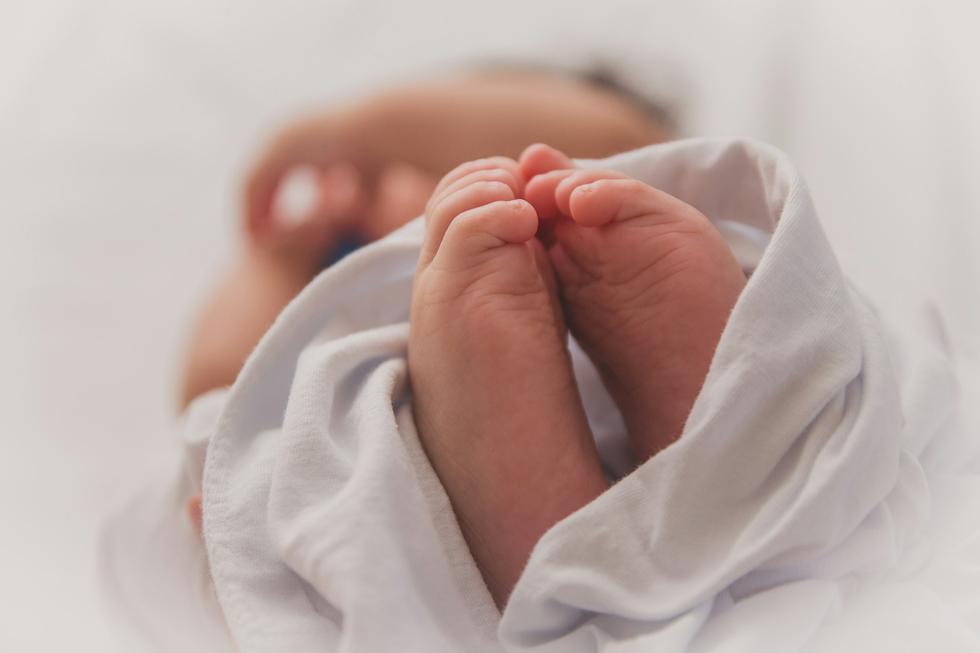Quick version
Fertility is highest in the 20s and early 30s, but declines after age 35 as egg reserves decrease. The chance of getting pregnant is affected by factors such as lifestyle, stress and health. Regular unprotected intercourse during your most fertile days, a balanced diet and avoiding negative influencing factors can increase the likelihood of pregnancy.
Ovulation usually occurs around day 14 of a 28-day cycle, and sperm can survive for up to five days, meaning that fertilization can occur even if intercourse occurs days before ovulation. Regular menstruation is often an indicator of ovulation, but certain conditions such as PCOS, thyroid disorders and stress can cause anovulatory cycles.
For women over 40, fertility is lower, but pregnancy is still possible, often with the help of fertility testing, hormone therapy or assisted reproduction. Fertility tests such as AMH to measure egg reserve as well as FSH, LH and progesterone can provide a better understanding of fertility potential and facilitate pregnancy planning.
When are you most fertile?
Fertility is highest in your 20s to early 30s. A woman's egg reserve decreases with age, and after 35 years of age, fertility begins to decline more significantly.
Getting pregnant - tips to increase your chances
To increase your chances of getting pregnant, you can have regular unprotected sex - provided that it is possible - especially during the most fertile days of your cycle. Furthermore, the following are also important factors that can affect the chances of getting pregnant:
- Follow a healthy lifestyle with a balanced diet and exercise.
- Avoid alcohol, smoking and other factors that can negatively affect fertility.
- Keep track of your ovulation.
Ovulation – when you are most fertile
Ovulation usually occurs around day 14 of a 28-day menstrual cycle, but this can vary from woman to woman. The greatest chance of getting pregnant is in the few days before and during ovulation. Sperm can survive in the vagina for up to five days, meaning that intercourse during this period can lead to fertilization. Ovulation and menstruationA common indicator that you are ovulating is if you also have a regular period, but this is not always the case for all women. Some women have anovulatory cycles, where ovulation does not occur despite regular bleeding, which can be caused by conditions such as PCOS, thyroid disorders and high stress.
Difficulty getting pregnant despite regular periodsRegular periods are a good indicator of fertility, but other factors such as egg quality, hormonal imbalances or medical conditions can affect the chances of getting pregnant.
How can a woman check her fertility?
If you want to know more about your fertility, you can have tests to analyze hormonal markers. A common test is anti-müllerian hormone (AMH), which gives an indication of the egg reserve. AMH is produced by the small follicles in the ovaries and reflects the number of eggs remaining. A high AMH value indicates a larger egg reserve, while a low value may indicate a reduced fertility potential. The test is often used in fertility investigations and to assess the chances of assisted reproduction.
Chances of getting pregnant decrease with ageAs we mentioned earlier in the article, people are most fertile between the ages of 20 and 30, fertility decreases with age in both men and women. Below is an approximate estimate in percent per age range women generally have a chance of getting pregnant per cycle.
- 20-25 years: about 25-30% chance per cycle.
- 30-35 years: about 15-20% chance per cycle.
- 35-40 years: about 10-15% chance per cycle.
- 40+ years: 5% or less per cycle.
Help to get pregnant after 40
When a woman is over 40, fertility may be significantly lower, but it is still possible to get pregnant. Fertility testing, hormonal treatments and assisted reproduction such as IVF may be options in cases where fertility is impaired.
Blood tests of specific hormones can help to examine your fertility. AMH test measures the egg reserve. FSH (follicle-stimulating hormone) and LH (luteinizing hormone) measure important hormones that can give an indication of your ovulatory function. Progesterone (corpus luteum hormone) can give an indication of whether ovulation has occurred.
These tests can help you gain a better understanding of your fertility and plan for your pregnancy.
























